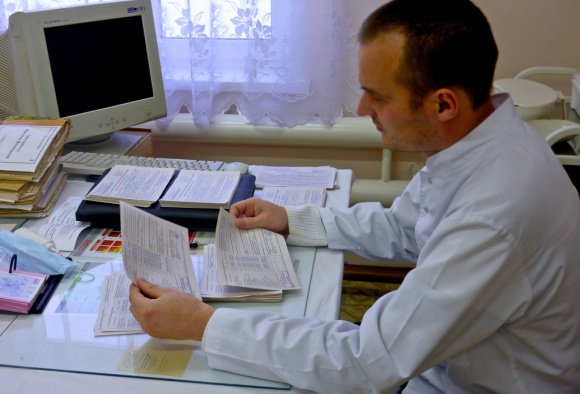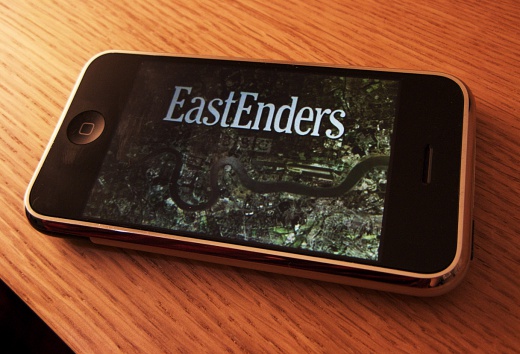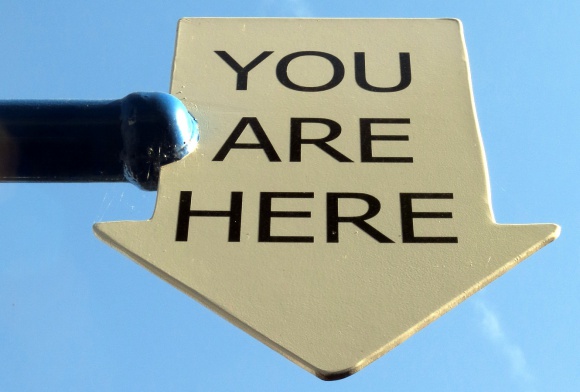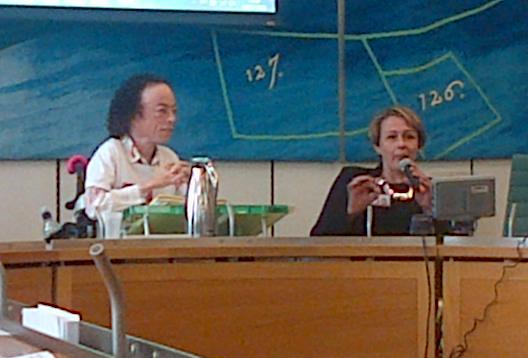The online news source for the palliative medicine and hospice community, eHospice, recently published a series of personal accounts of people living with Motor Neurone Disease who have found the support they need to live fulfilling lives with the help and support of local hospices. As eHospice reminds us:
'Motor neurone disease (MND) is a progressive disease that attacks the motor neurones, or nerves, in the brain and spinal cord. This means messages gradually stop reaching muscles, which leads to weakness and wasting.
'MND can affect how you walk, talk, eat, drink and breathe. Although there is currently no cure, symptoms can be managed so that people with the disease can achieve the best possible quality of life.'
A report prepared by a team at LSE for Marie Curie and published earlier this year indicated that one of the greatest challenges for palliative care was to extend its reach beyond cancer patients: stories such as these are essential if we are to make clear that while there are a great many people facing desperate situations due to an array of conditions, these can be responded to where the right support is in place.
Alan Clough was referred to Woking & Sam Beare Hospices the year after being diagnosed with MND in December 2011:
'I was very nervous when I came into the hospice for the first time. But they were so lovely, so welcoming and made me feel so comfortable. It was like being in a hotel!'
'I... go in to the hospice day care for a few hours every fortnight to have an enjoyable soak in their Jacuzzi bath - which is the only bath I have access to now. Then, I'll have some reflexology. I find it really helps me relax and I come home in the afternoon very chilled out.
'That day is also very important for Linda, it gives her a break from looking after me, which she really appreciates and gives the opportunity for the hospice to provide some care for the carer.
'I also know that they will support Linda for as long as she needs them. That's real peace of mind.'
Hospice support allowed Claire Brown to stay in her home and remain independent:
'Over the last year, Liz Faulkner Manning, senior occupational therapist at Phyllis Tuckwell [Hospice], has been providing both physical care and practical advice to MND patient Claire Brown, helping her to remain living at home for longer than might otherwise be possible.'
'As Claire's condition has progressed, her needs have changed, and she and Liz are now planning for the time when she will be restricted to the ground floor of her house.'
'"It's the hospice which has given me the courage to do all this," Claire says. "The care and services they offer are custom-built for each person. They tell me I'm doing the right thing, and give me help and advice."'
'With Liz's help, Claire has applied for continued healthcare funding, which now pays for a carer four times a day, with three overnight stays a week.
'This means that Claire has help getting washed and dressed in the mornings, accessing the computer so that she can keep in touch with people via email - as her weakening throat muscles are making speech, and therefore telephone conversations, more difficult - and putting on her ventilator mask at night.'
And, in perhaps the most frank account, Peter Walsh (diagnosed in December 2014) described how hospice support saved his life:
'I used to be a fit 71 year old. I could climb Ivinghoe Beacon with my grandsons, kick a football around in the garden and go out walking. Not anymore. It breaks my heart. But I have learnt to manage my illness, put things in place and enjoy life once more.
'Peace Hospice Care helped turn me around. I also got great support talking to Glenn Phillips, the founder member of the local Motor Neurone Disease Support Group and other members of the group who truly understand what I am going through.
'If it wasn't for this combined support, I don't think I would be here. That is how bad I felt. My diagnosis left me in a terrible place in my mind.
'Before my diagnosis, I was a carer for my partner Zoe, who has multiple sclerosis, I looked after my two young grandsons Ollie and Oscar each week and enjoyed doing my garden.
'MND took that away from me. I couldn't deal with it.
'I was referred to Peace Hospice Care by my doctor. My eldest granddaughter broke down in tears when she heard the word 'hospice'. She thought it was the end of me. Instead it was the beginning of a new me.'
© Image copyright of faungg's photos and licensed for reuse under Creative Commons License 2.0










